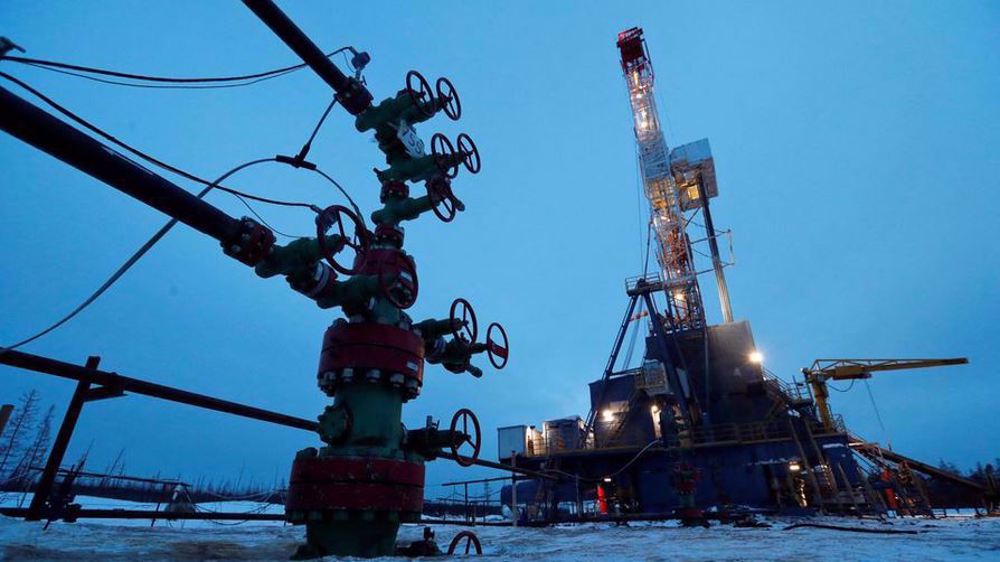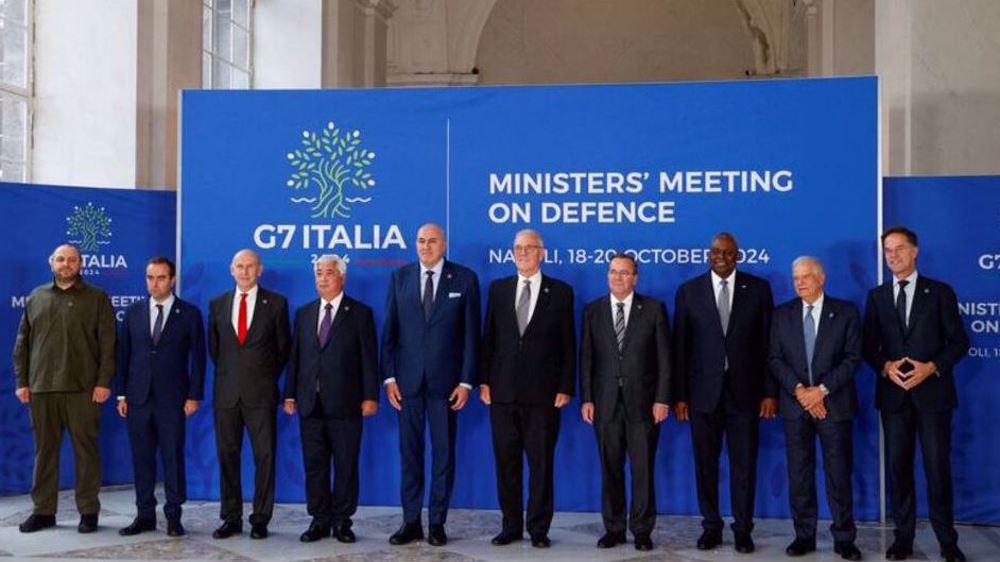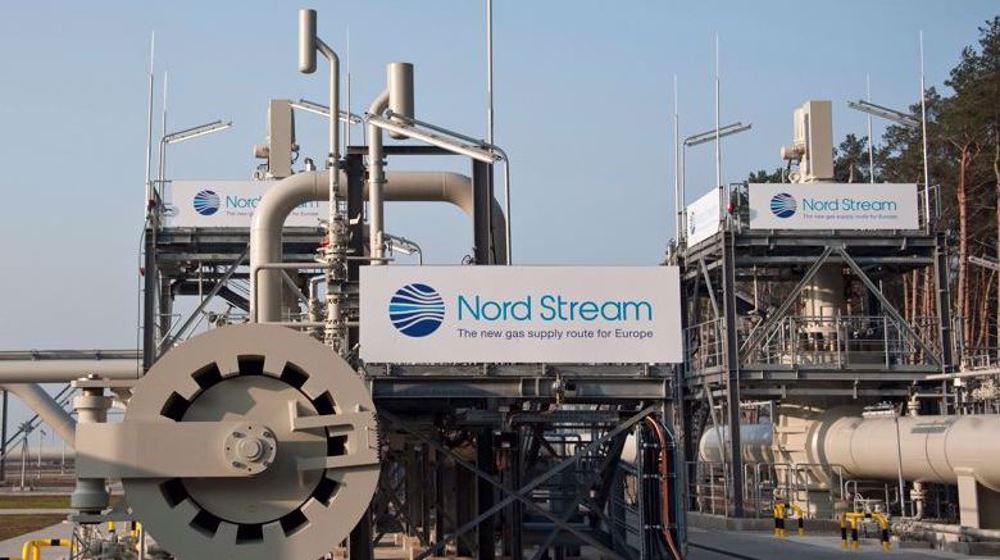US, Europe to impose price cap on Russian oil 'in next few days'
The United States and its European allies have devised a plan to impose a price cap on Russian oil in "the next few days" in an effort to slash Moscow's oil revenues.
A senior US Treasury Department official told reporters on Tuesday that the US and the European Union (EU) would take steps to implement the cap once the EU members' consultations in regard to oil price levels are completed.
"We expect the next few days for them to complete their consultations on price setting, and for us as a coalition to move forward... implementing the price cap ahead of December 5," the official said.
The official added that there was no reason to believe Moscow would retaliate against the new policy, as "it's not in their interest."
"Any action they take to drive up prices will have an impact on their new customers, customers like India and China," the official said.
Treasury officials have claimed that the price cap for Russian oil would still allow Moscow to earn a profit; however, it will limit the Kremlin's access to excess revenues from inflated prices.
The cap will likely be reviewed on a quarterly or semi-annual basis, due to the need to provide certainty to the marketplace, the official added.
The US Treasury issued directives on Tuesday for shippers and financial firms involved in the transactions on requirements for abiding by the price cap.
Media reports said in related news last week that oil demand worldwide had risen in September to above pre-COVID levels by nearly 1 million barrels per day (bpd). The Joint Organizations Data Initiative (JODI) released new data on Thursday showing that global oil demand had risen seasonally in September to the second-highest level of this year. In September, global oil demand was at 101 percent of pre-COVID levels, while crude production was at 99 percent of those levels, the data revealed.
Oil demand in the world's top oil importer, China, rose by 459,000 bpd in September, but it was still 453,000 bpd below levels from last year.
Meanwhile, OilPrice reported that officials were talking about setting the price at which Russia's crude oil would be capped at $60 per barrel.
The group will meet on Wednesday to try to come to some agreement on prices, it said.
Earlier, OilPrice had revealed that Russian energy might still have several interested buyers in Europe that were buying it through intermediary countries.
According to the Sunday Times, the UK has been bypassing its own sanctions against Russia, which says it managed to track dozens of shipments of Russian oil into the United Kingdom since March. It said in its report that the United Kingdom had purchased at least 39 shipments of Russian oil since the Ukraine conflict started.
Britain, which is among Washington's closest European allies, has banned the import of Russian energy into the UK since Russia started what it calls a "special military operation" in Ukraine in February.
Russian court orders Google to pay staggering fine of $20 decillion
Yemeni forces carried out five operations in Haifa, targeting six ships, in one year: Report
Israeli war machine fails to penetrate Lebanon despite barbaric bombardment: Houthi
VIDEO | Is West's dominance over?
VIDEO | Five Syrians killed in Israeli airstrikes on al-Qusayr near Homs
VIDEO | South African resistance leaders reflect on ways to overcome Israeli aggression
VIDEO | Press TV's news headlines
VIDEO | Netanyahu pressured on a ceasefire












 This makes it easy to access the Press TV website
This makes it easy to access the Press TV website